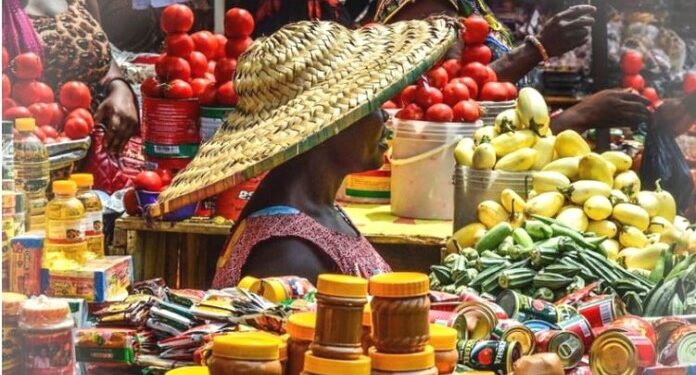World Bank warns of persistent food price inflation in developing nations
As the world grapples with evolving geopolitical dynamics and mounting food security challenges, policymakers face the imperative of fostering sustainable solutions to ensure global food stability amidst uncertainty.
According to the latest food security update from the World Bank, domestic food price inflation continues to pose a significant challenge in most impoverished nations, maintaining its stubborn grip on their economies.
The report reveals that over 57.9% of low-income countries still grapple with inflation rates higher than 5%, despite a slight decrease of 5.3 percentage points since the last update in February 2024. Similarly, lower-middle-income countries experience inflation in 71.7% of cases, albeit with a decrease of 2.2 percentage points.
Notably, the Bank’s findings underscore a 10% increase in export price indices and a 3% rise in agriculture prices since the previous update. Cocoa and cotton have notably surged by 22% and 8%, respectively, contributing to the overall export price hike.
However, the report also notes a 2% decline in cereal prices, attributed to reductions in maize and wheat costs. On a year-on-year basis, maize and wheat prices have plummeted by 35% and 21%, respectively, while rice prices surged by 26%.
The Agricultural Market Information System (AMIS) Market Monitor for February 2024 emphasizes relative stability in global commodity markets, despite concerns over El Niño-induced production shortfalls and trade disruptions. Shipping delays, exacerbated by geopolitical tensions, have hampered global trade flows, increasing costs and disrupting supply chains.
The report highlights a concerning trend in food crises, despite substantial external financing received by affected regions. The Global Network Against Food Crises underscores that, despite significant investment, acute food insecurity levels reached an all-time high in 2022, with 258 million people facing crisis conditions in 58 countries.
Geopolitical events, such as Russia’s invasion of Ukraine, have further exacerbated the global food crisis. The imposition of trade restrictions by various countries aims to bolster domestic supply but risks exacerbating global food insecurity. As of February 12, 2024, 16 countries have implemented 23 food export bans, while 8 countries have enforced 15 export-limiting measures.
The World Bank’s report underscores the need for greater coherence between humanitarian and development financing to address the root causes of acute food insecurity and reduce reliance on short-term aid measures.
As the world grapples with evolving geopolitical dynamics and mounting food security challenges, policymakers face the imperative of fostering sustainable solutions to ensure global food stability amidst uncertainty.
Source:norvanreports


